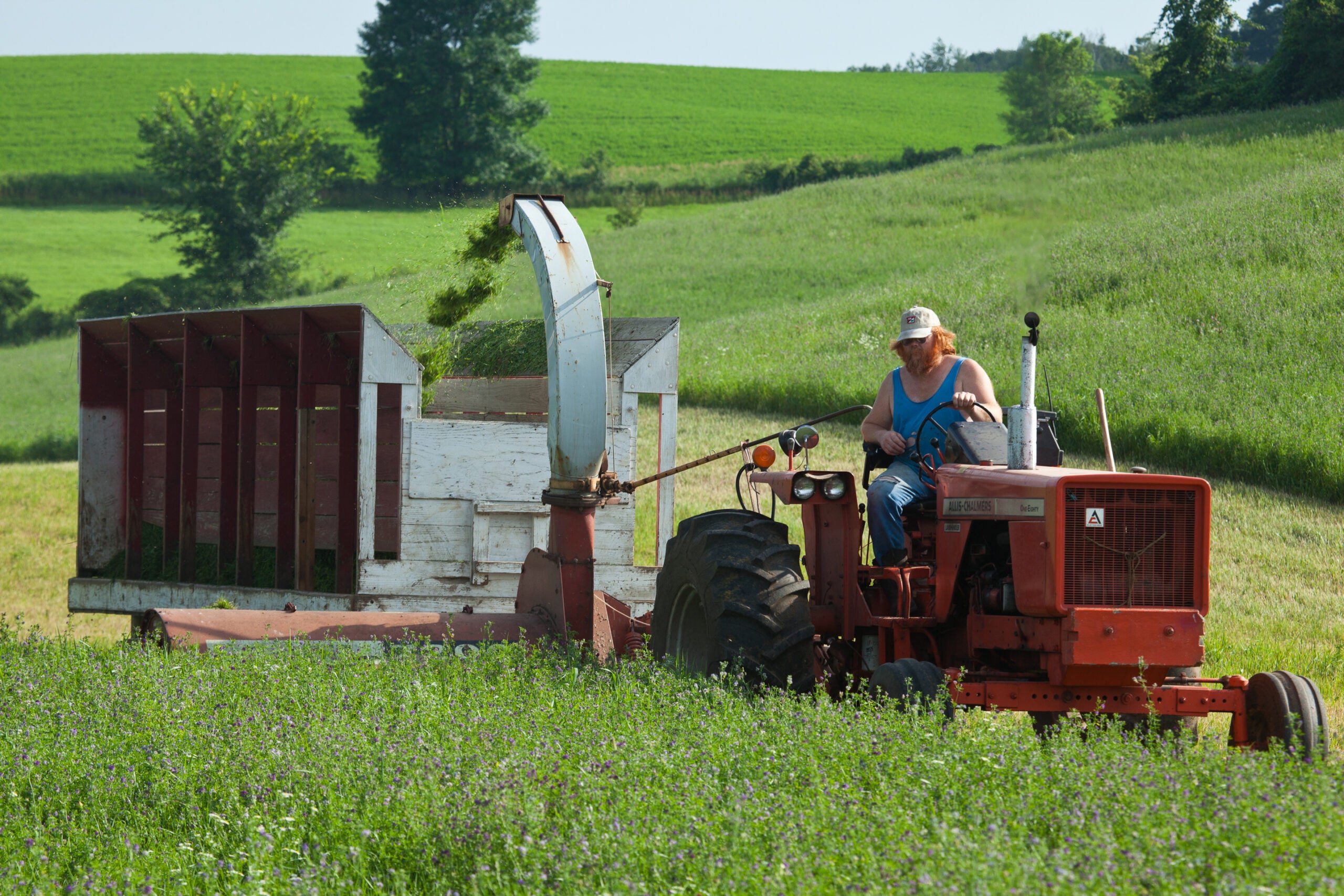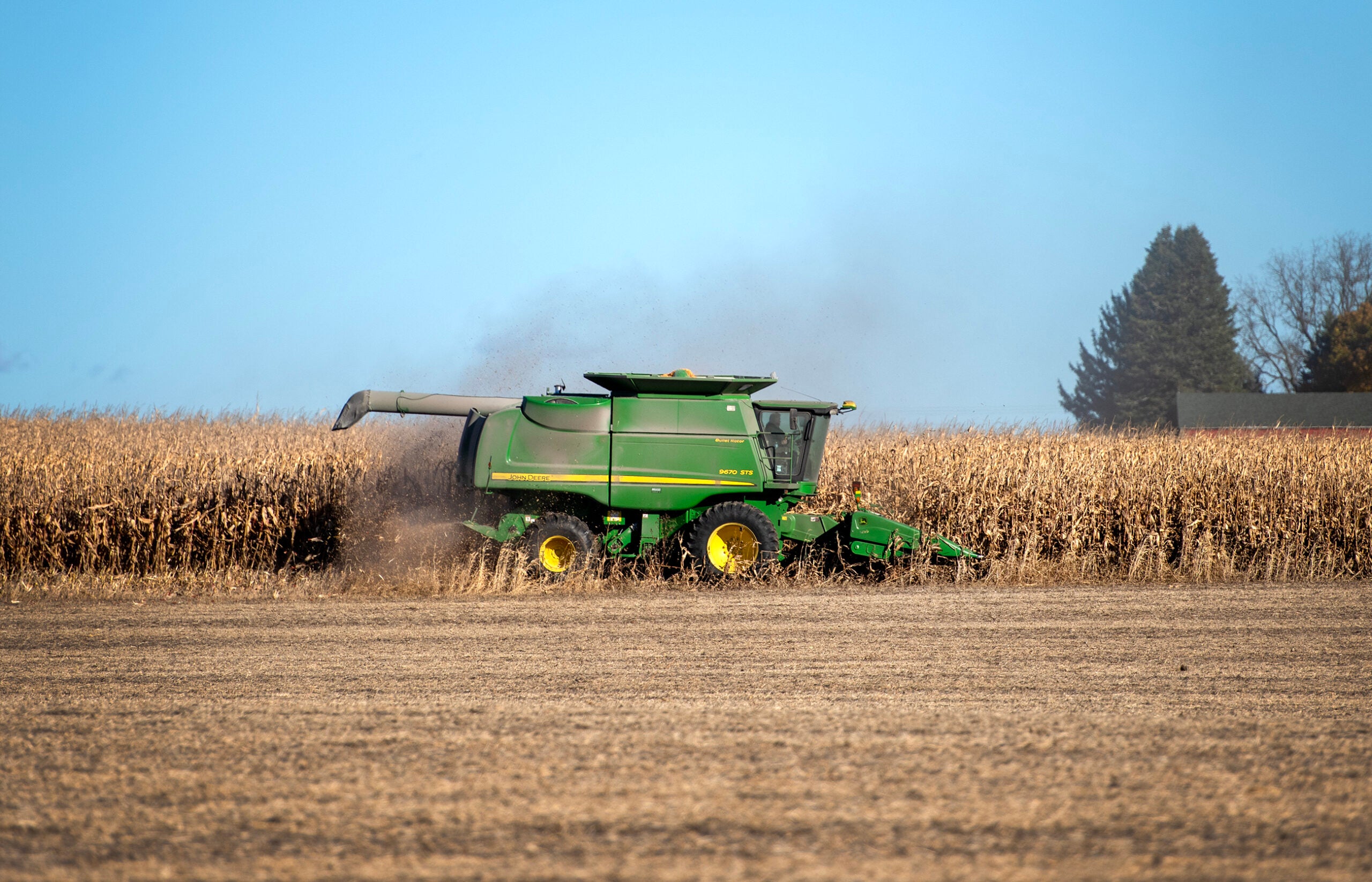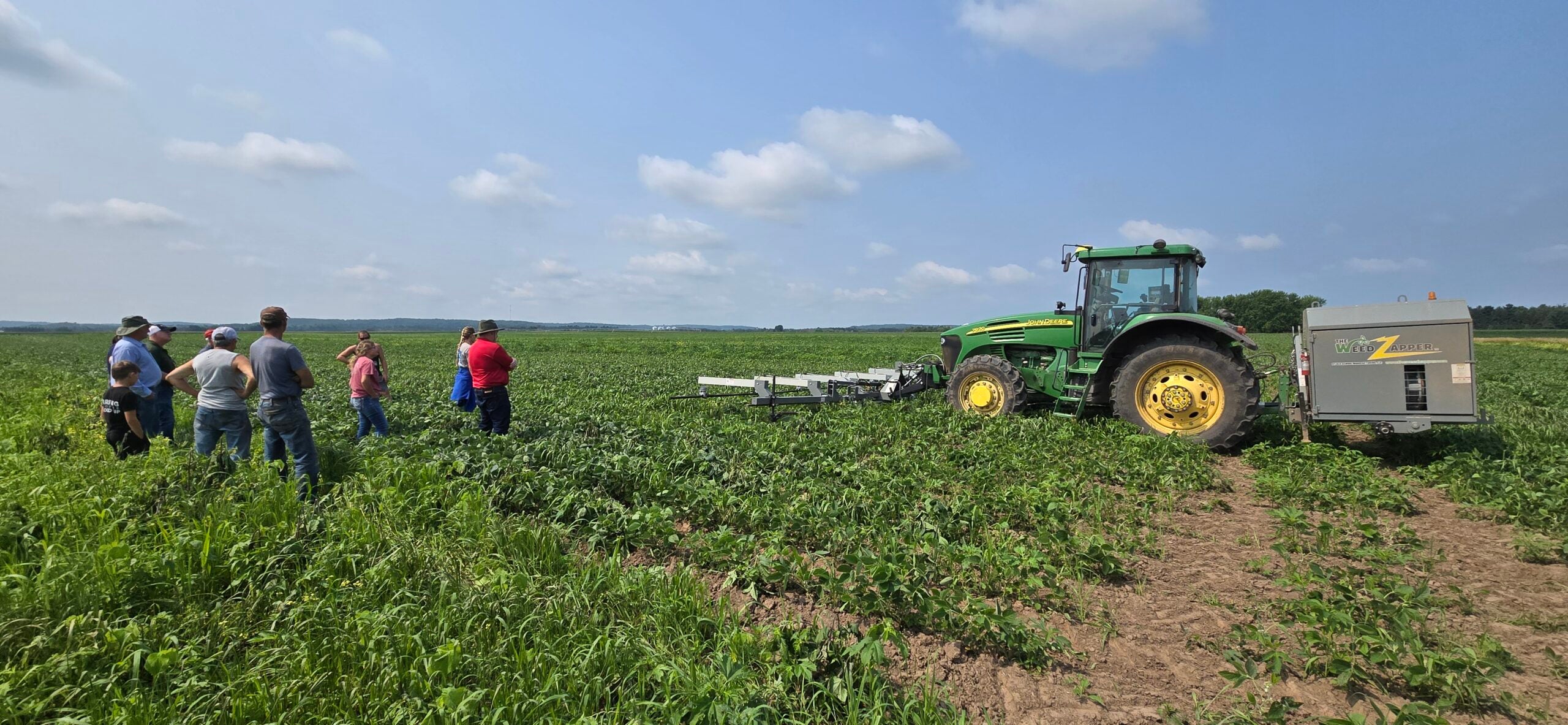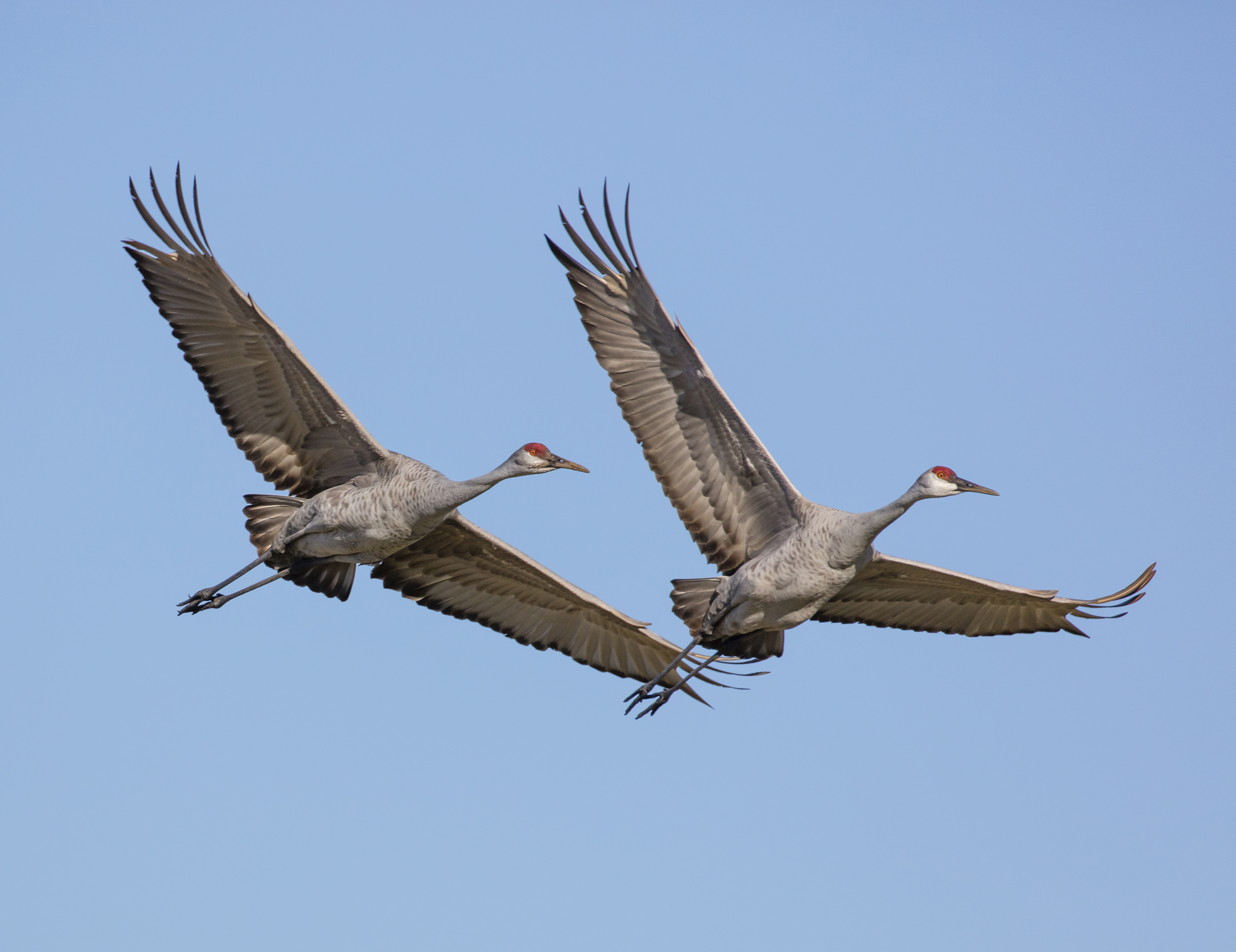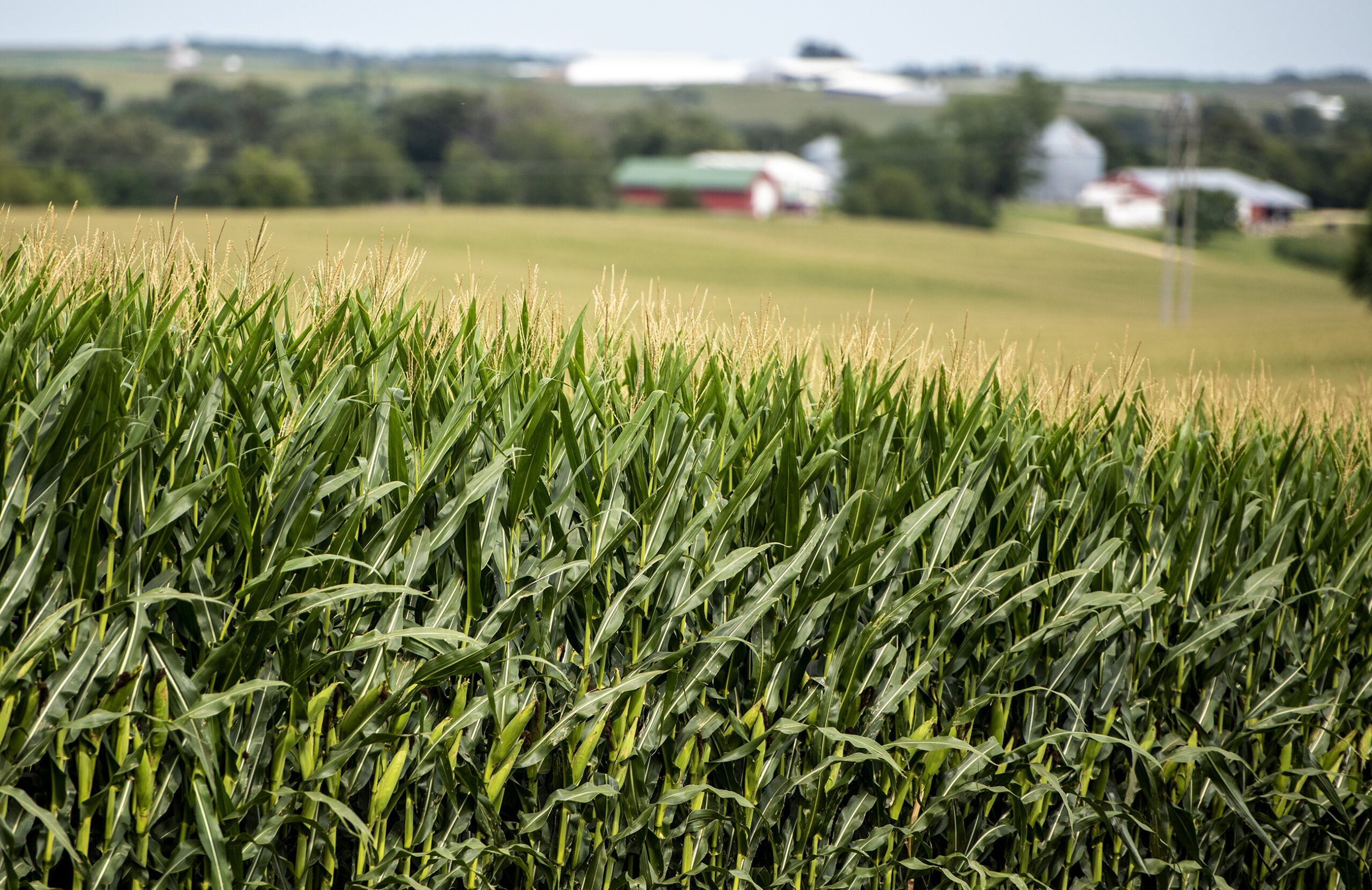Some alfalfa farmers are dealing with a severely depleted crop this spring, meaning farmers around the state may not have enough to feed their animals.
Some crop damage was expected this spring, due mostly to the abnormally long winter, but not this much. Alfalfa growers in central and southern Wisconsin found this spring that 10 percent or more of their plants had died.
University of Wisconsin-Extension agronomist Dan Undersander says this is the biggest case of winterkill that he has seen in more than 20 years.
Stay informed on the latest news
Sign up for WPR’s email newsletter.
“Across Marshfield and over towards Eau Claire and all the way across Minnesota, we’re seeing entire fields killed. At our Marshfield research station we lost some fields where we didn’t have five or six living plants in them.”
Alfalfa is used for animal feed. So, farmers are hurrying to make up for the loss by planting replacement crops, such as oats. Greg Blonde is the extension agriculture agent for Waupaca County, one of the hardest hit areas in the state. He says farmers have tried to find alfalfa seeds for replanting.
“There [were] reports that alfalfa seeds couldn’t be bought locally – everybody was out of stock. That’s how much reseeding has gone on due to that unusual excessive winterkill.”
Blonde says that unfortunately, some Waupaca County farmers are still recovering from losing much of their alfalfa crop due to hot and dry weather last year.
Wisconsin Public Radio, © Copyright 2025, Board of Regents of the University of Wisconsin System and Wisconsin Educational Communications Board.

